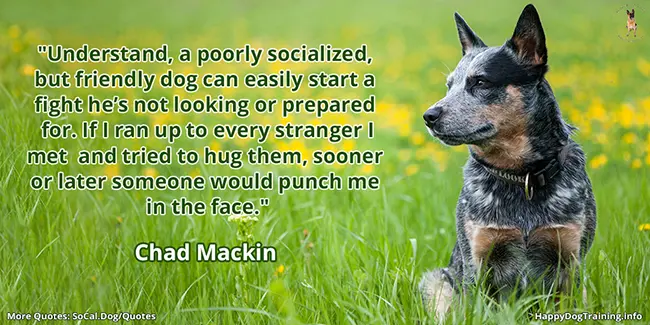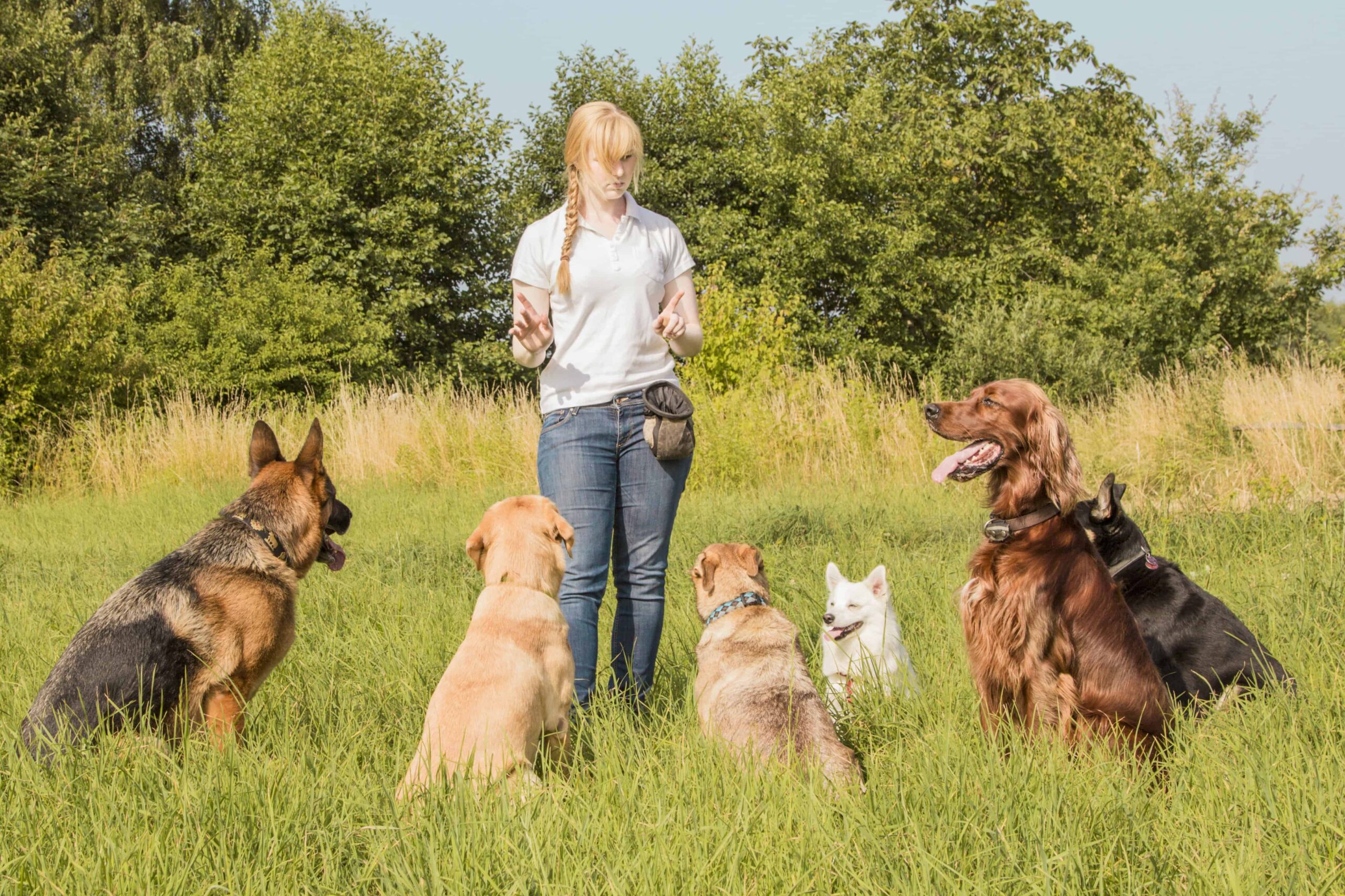Unlock Your Pet's Potential: Proven Pet Dog Training Techniques for Success
Efficient canine training is a nuanced procedure that depends upon recognizing canine actions and utilizing medically backed approaches. dog training charlotte nc. By integrating favorable support, establishing clear commands, and prioritizing socializing, dog proprietors can grow an efficient relationship with their pets. Challenges often develop that call for customized services and a person strategy. Discovering these shown techniques reveals not just the capacity for behavioral improvement yet additionally the deeper bond that can be formed between proprietor and pet. What vital approaches must be considered to absolutely unlock your pet dog's possibility?
Understanding Pet Dog Actions
Understanding pet dog behavior is vital for reliable training and promoting a positive connection between pet dogs and their owners. A thorough understanding of canine body movement, vocalizations, and social interactions is critical for recognizing their emotions and requirements. Pets interact mostly with non-verbal signs; for instance, a wagging tail may show exhilaration, while pinned ears can indicate fear or submission.

Furthermore, environmental factors play a significant function in shaping a pet dog's actions. Changes in routine, brand-new surroundings, or the visibility of unknown people can lead to tension or stress and anxiety in canines. Recognizing these triggers makes it possible for owners to alleviate unfavorable responses and create ideal training methods.
Inevitably, a deep understanding of canine behavior lays the foundation for effective training methods, enhancing both behavior and the overall bond between the pet and its owner. Dog training. This expertise is important for promoting a well-adjusted, pleased canine friend
Positive Support Techniques
Effective training relies heavily on favorable support strategies, which have been revealed to yield substantial outcomes in shaping wanted behaviors in canines. This strategy includes rewarding a canine for exhibiting specific behaviors, thereby boosting the chance that these habits will be duplicated. Rewards can take numerous forms, consisting of treats, appreciation, toys, or playtime, depending upon what encourages the private pet.

It is important to gradually phase out rewards as the canine discovers the behavior, transitioning to intermittent reinforcement. This method keeps the actions in time while avoiding reliance on constant rewards. By focusing on positive support, trainers can cultivate a trusting partnership with their pets, promoting a healthy and cooperative training setting that boosts overall obedience and performance.
Establishing Consistent Commands
A basic aspect of successful dog training is the establishment of regular commands. Uniformity in commands is crucial for effective communication between the dog and the fitness instructor. When commands are uniform, canines discover to connect details words with desired behaviors, which accelerates the training process and enhances understanding.
To develop consistent commands, it is crucial that all relative make use of the exact same terms and gestures. For instance, if someone uses "sit" while another says "sit down," it can develop complication for the pet dog. Select clear, unique words for commands and ensure everybody associated with the pet dog's training sticks to these selections.
Enhance commands through frequent practice, ensuring that the pet gets enough chances to react appropriately. When a canine successfully adheres to a command, prompt favorable reinforcement must adhere to.
Finally, hold your horses. Developing regular commands takes time and initiative. With devotion and clarity, you will certainly assist your canine create a strong understanding of assumptions, ultimately causing a well-behaved friend.
Socializing and Exposure
Socializing a pet is essential for promoting a well-adjusted and certain companion. This process includes subjecting your pet dog to a selection of settings, individuals, and other pets to develop their social abilities and adaptability. Early socializing, preferably between the ages of three to fourteen weeks, is vital, as it prepares for a canine's future habits.
During socialization, goal to offer positive experiences in different setups, such as parks, hectic roads, and homes with other family pets. Introduce your pet dog to numerous stimuli, including sounds, views, and smells, guaranteeing that each encounter is fulfilling. This exposure assists mitigate fear and anxiousness, paving the means for a more resistant pet.
Involving in controlled group play sessions with various other canines can additionally enhance social abilities, teaching your pet ideal communications and borders. Prioritizing socialization will significantly contribute to your canine's total happiness and behavior throughout their life.
Conquering Common Educating Challenges

Dogs may struggle to concentrate in strange or hectic settings. Progressively desensitize your pet to disturbances by starting training in a silent environment and slowly presenting even more stimulations as they become proficient.
Furthermore, behavioral look at this site concerns like leaping or excessive barking can become irritating. Address these by showing alternate habits, such as sitting steadly when greeting visitors. Consistency and perseverance are essential; enhance preferred actions continually and stay clear of scolding, which can result in complication.
Last but not least, identify that each pet is special, and training timelines may differ. Dressmaker your technique to your dog's private requirements, and look for expert assistance if necessary. With willpower and the ideal methods, overcoming these difficulties can cause a trained, pleased canine friend.
Verdict
Finally, unlocking a canine's possible requires a thorough strategy that includes an understanding of canine behavior, the application of positive support strategies, and the establishment of constant commands. Early socializing and direct exposure to varied environments further enhance a canine's flexibility and self-confidence. By find more dealing with typical training difficulties with customized methods and perseverance, a harmonious and participating partnership in between dog and trainer can be promoted, eventually leading to a well-behaved buddy capable of flourishing in various situations.
Efficient canine training is a nuanced process that pivots on recognizing canine behavior and employing medically backed approaches.Comprehending dog habits is vital for reliable training and fostering a favorable partnership in between dogs and their proprietors.Effective training depends greatly on favorable reinforcement strategies, which have been shown to generate considerable results in shaping desired habits in dogs. When commands are consistent, dogs find out to associate details words with preferred behaviors, which accelerates the training process and improves understanding.
In conclusion, opening a dog's possible requires a comprehensive technique that includes an understanding of canine behavior, the application of positive support techniques, and the establishment of consistent commands.